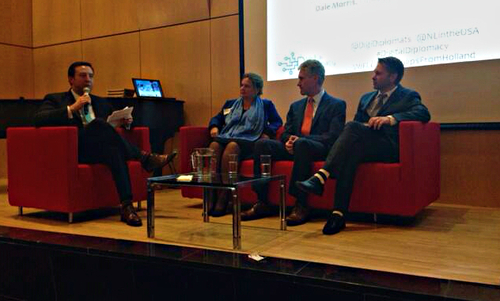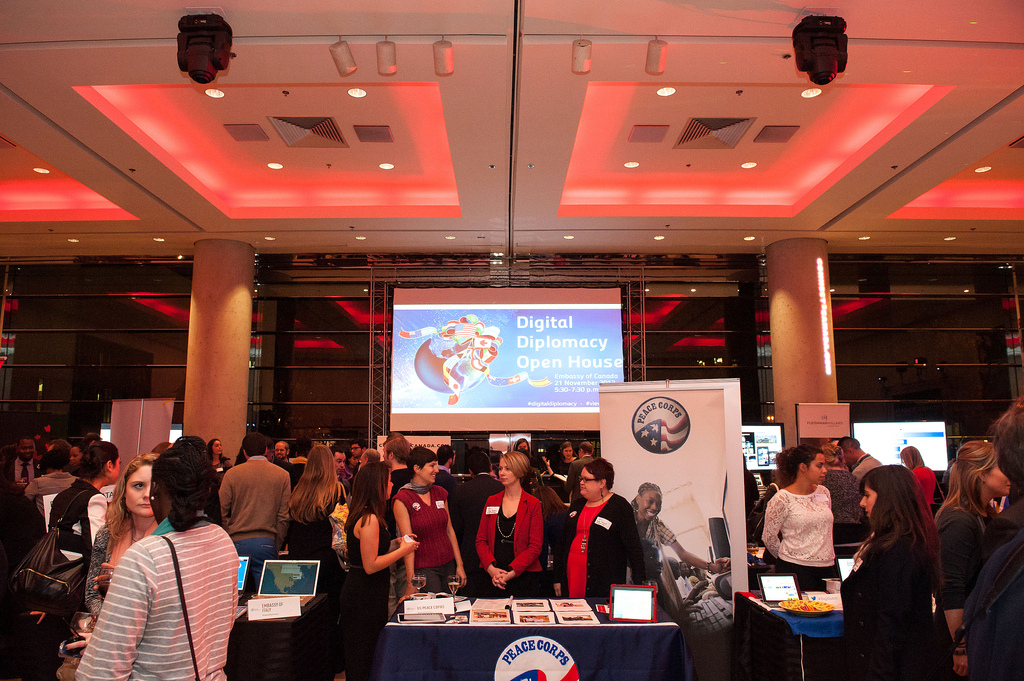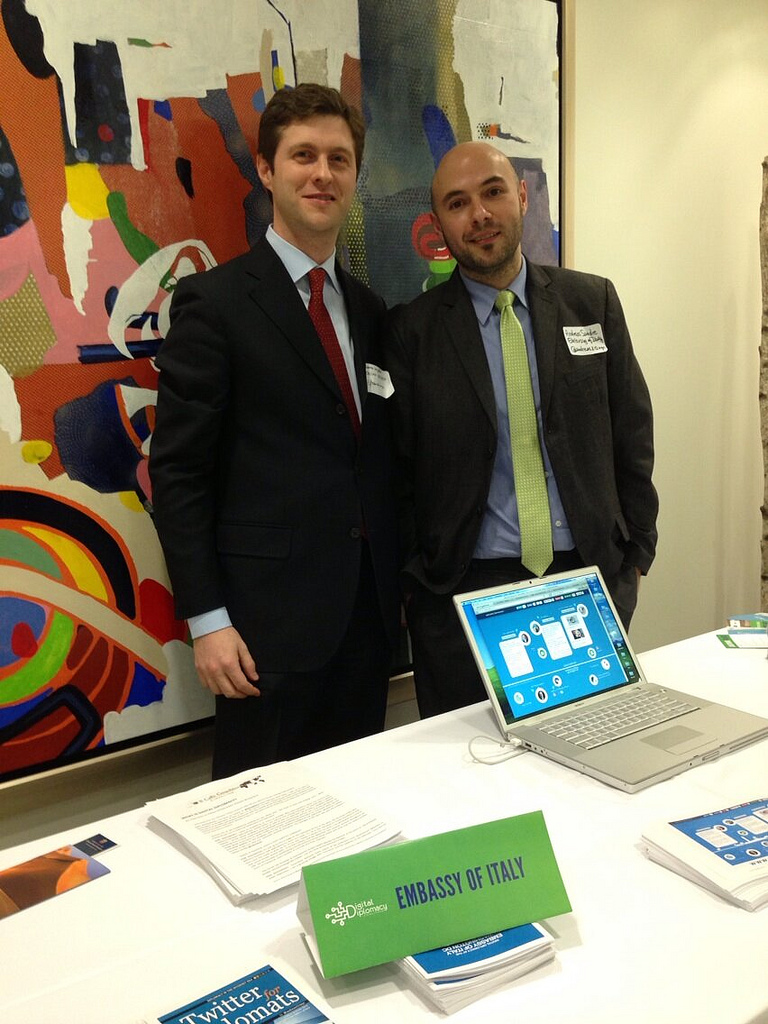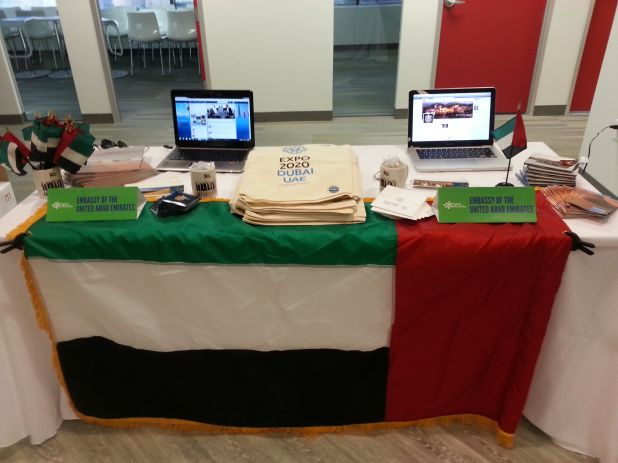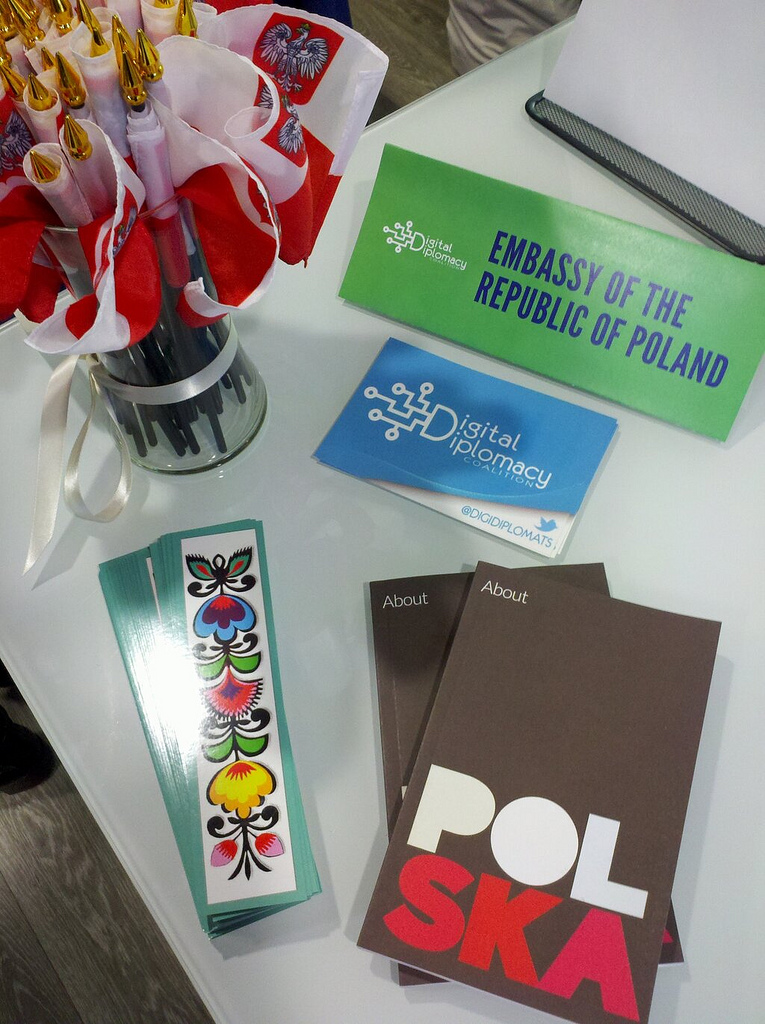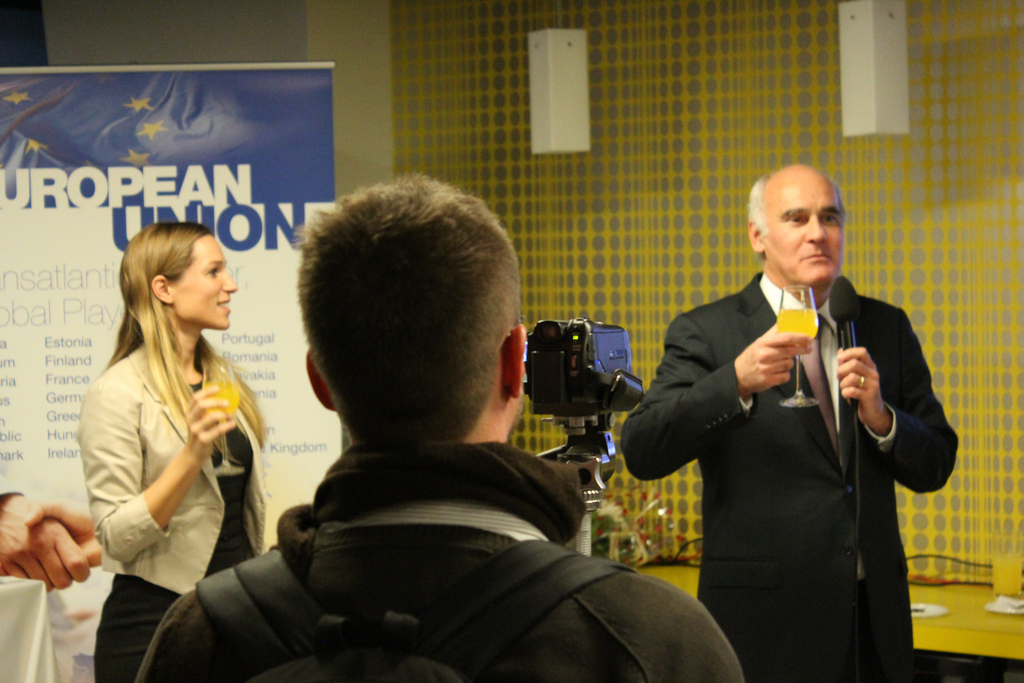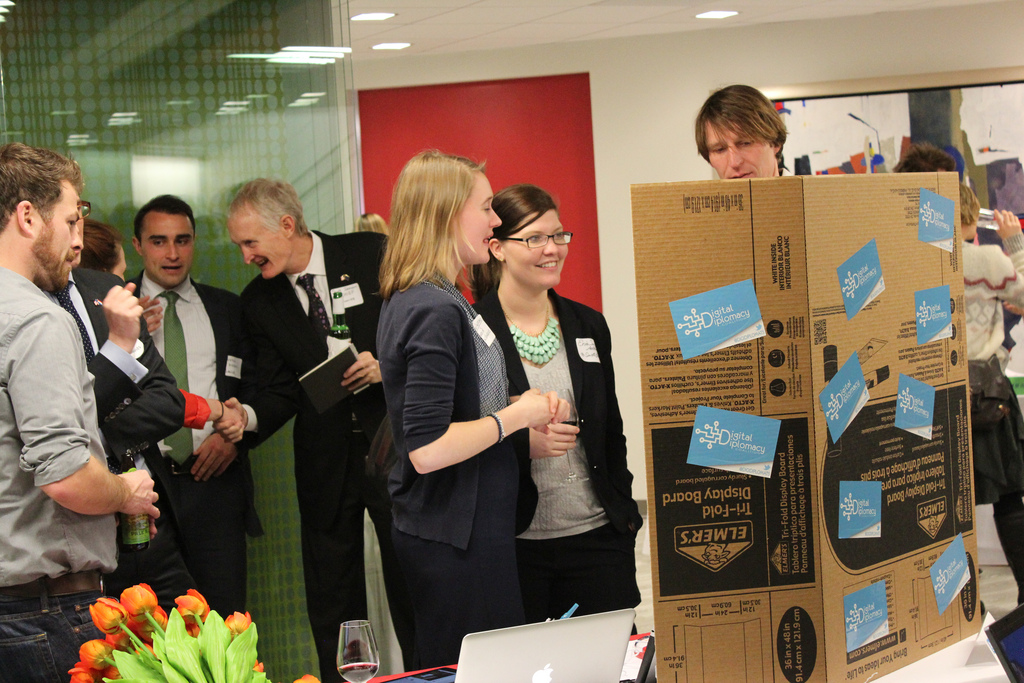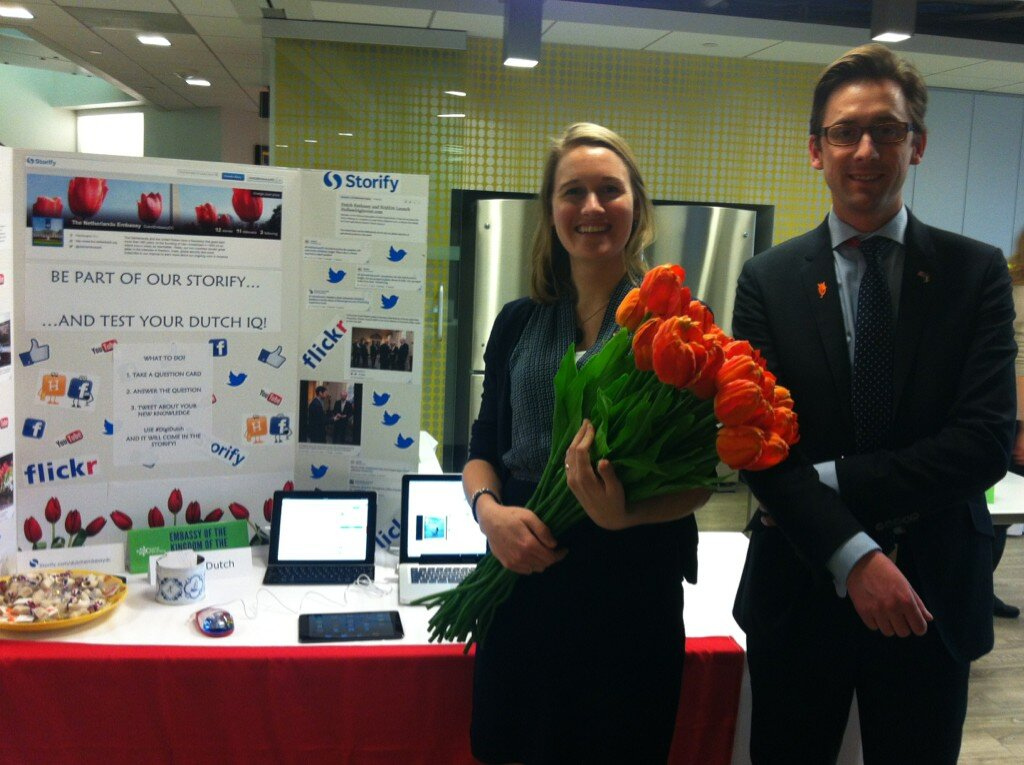The Digital Diplomacy Coalition (DDC) is growing in new and exciting ways. We’re proud to welcome DDC Ottawa to our Network as our first official DDC Chapter.
What’s a DDC Chapter?
A DDC Chapter is a local (city, country or regional) organization in the DDC Network designed to bring together the diplomatic, international affairs, and tech communities from the local area. Each chapter is lead by a small group of volunteers from the local DDC community.
The DDC community started as a handful of digital practitioners in Washington, DC gathering to talk shop and share our stories. Today we have held over 25 key events, ranging from workshops to thought leadership panels to half-day conferences. We’ve engaged with over 3000 diplomats, technologists & communicators in Washington, DC and beyond and partnered with some amazing organizations — Google, Fosterly, FleishmanHillard, the UN Foundation, 1776, SAIS, foreign governments & embassies, and many others.
This new phase of the DDC is going to be amazing. Ottawa is just the beginning. We are working with other cities to build DDC Chapters and expand our Network to build a truly global community.

